Well, that didn’t happen. Instead, Bukele’s ambitious bet ran head-on into the great crypto crash of 2022.
Advertisement
Bitcoin, a high-stakes gamble for Bukele, seems to have failed. Approximately 70 percent of Salvadorans don’t have a bank account and work in the informal economy. Meanwhile, remittances represent an outsized role in the country’s economy: At roughly $6 billion in 2021, they were more than 25 percent of the GDP, ranking among the highest shares in the world. Roughly one-fifth of El Salvador’s population lives in the United States.
But 10 months after El Salvador officially adopted Bitcoin as legal tender, the cryptocurrency has lost about 60 percent of its value. Bitcoin is a form of cryptocurrency or digital currency that is openly traded without the intervention of a central bank, and allows people to make payments to each other via an online system.
As part of the launch, Bukele’s administration budgeted $200 million to create a government-sponsored crypto app called El Chivo Wallet, which included an initial bonus of $30 as an incentive for users to download it. So far, experts have estimated that the country has spent $425 million in its Bitcoin project.
Bukele’s move to make his government an early adopter of Bitcoin earned him the praise of major crypto techies and the criticism of the international financial community. Most of the data surrounding Bitcoin spending and usage has come from Bukele himself via Twitter. In January, the president said there were 4 million El Chivo Wallet users.
Advertisement
But three economists recently conducted a national survey to gauge crypto usage and its effects in El Salvador. Their findings were published in April by the US National Bureau of Economic Research. Despite many efforts from the Salvadoran government to make Bitcoin happen (for example, it established a veterinary public hospital where all services cost 25 cents as long as payment is made with a crypto wallet,) its usage has been underwhelming, the economists found.

“[U]sage of bitcoin for everyday transactions is low and is concentrated among the banked, educated, young, and male population,” researchers wrote. Initially, over half of Salvadoran households downloaded El Chivo Wallet, but virtually no one has downloaded it this year. They found that almost 20 percent of people who downloaded the app have not used their $30 bonus. Nearly 61 percent of people have not used the app after spending their bonus.
Perhaps that’s why many observers of El Salvador politics and local pundits have called Bukele’s Bitcoin bet a gimmick “to whitewash his government’s growing authoritarianism on the world stage,” as Salvadoran journalist Nelson Rauda Zablah put it in a New York Times op-ed last week. Rauda Zablah called Bukele’s experiment a mirage. A London School of Economics’ policy fellow told CNBC recently: El Salvador’s economic policy “is essentially magical thinking.”
Advertisement
“Maybe $425 million for the US or even California is nothing. But in El Salvador, that’s roughly 6 percent of its national budget,” said Ricardo Valencia, assistant professor of communications in California State University, Fullerton, in an interview. “We’re seeing the effects of the Bitcoin gamble in the lack of investment in infrastructure there.”
According to Valencia, crypto in El Salvador will end up looking more like hell than a mirage. “It comes with authoritarianism, dissent, crackdown,” he said, referring to Bukele’s strongman ways and hard-line policies to deal with increasing gang violence.
Nonetheless, Bukele is doubling down. He insists that “Bitcoin is the future” and remains well liked by Salvadorans; an opinion poll put his approval rate at 85 percent, the highest of any Latin American leader.
Meanwhile in Africa, the Central African Republic adopted Bitcoin as a legal tender in May. It is one of the world’s poorest nations, ranking second to last in the United Nations Human Development Index. Its government had better pay attention to the early lessons of Bukele’s Bitcoin experiment.
Marcela García is a Globe columnist. She can be reached at [email protected]. Follow her on Twitter @marcela_elisa and on Instagram @marcela_elisa.

You can get bonuses upto $100 FREE BONUS when you:
💰 Install these recommended apps:
💲 SocialGood - 100% Crypto Back on Everyday Shopping
💲 xPortal - The DeFi For The Next Billion
💲 CryptoTab Browser - Lightweight, fast, and ready to mine!
💰 Register on these recommended exchanges:
🟡 Binance🟡 Bitfinex🟡 Bitmart🟡 Bittrex🟡 Bitget
🟡 CoinEx🟡 Crypto.com🟡 Gate.io🟡 Huobi🟡 Kucoin.
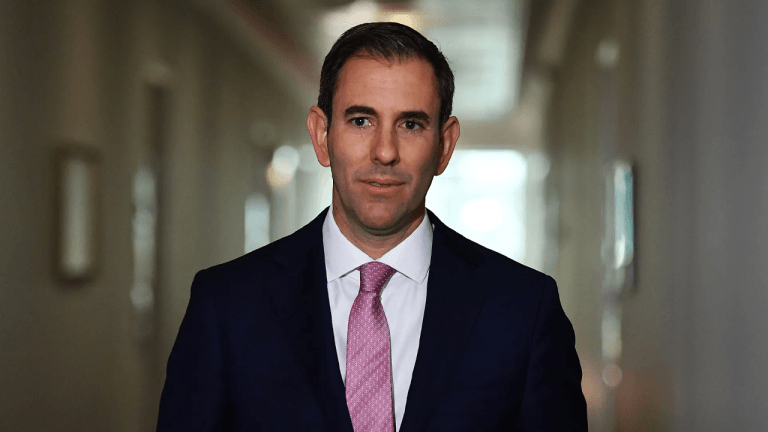
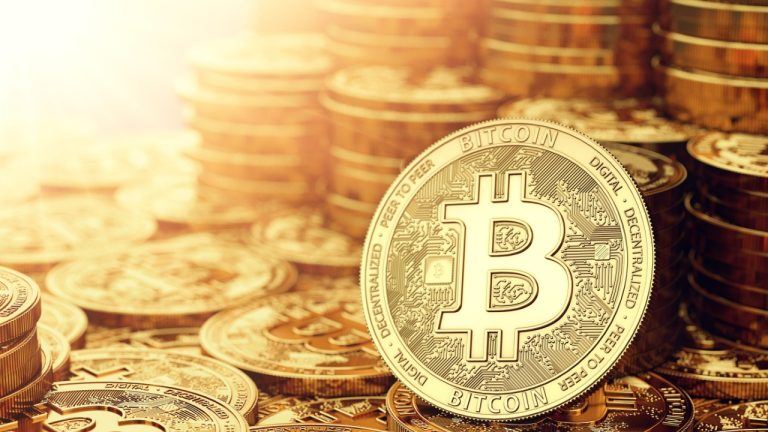
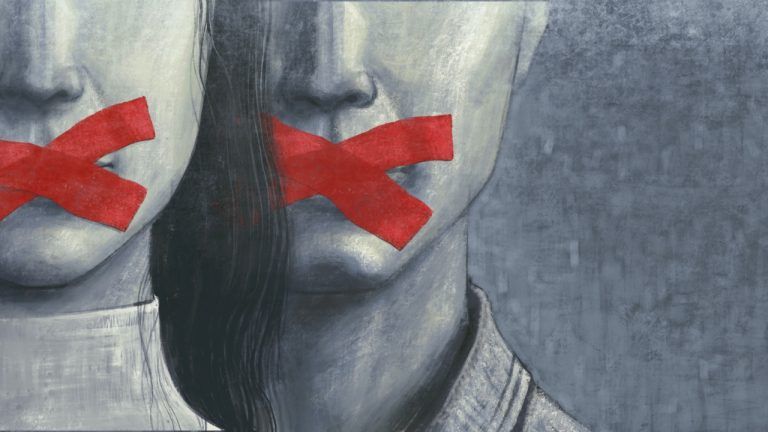
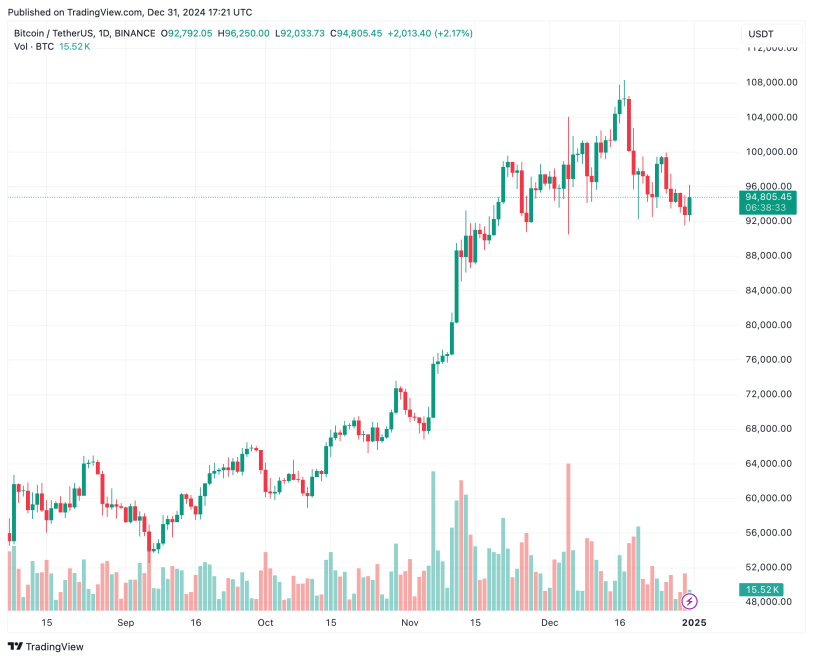


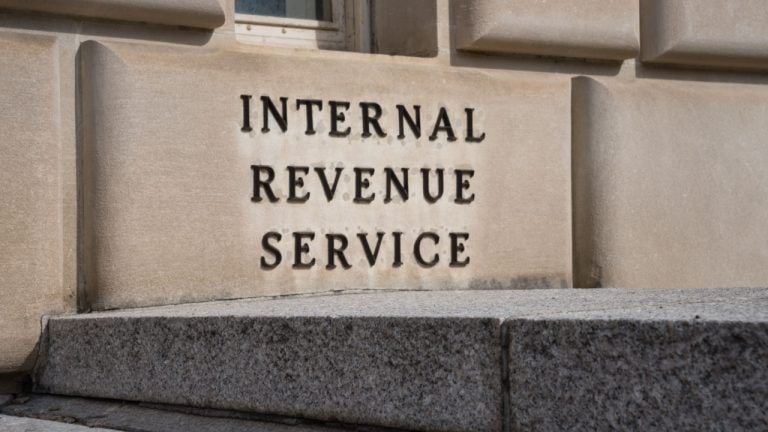





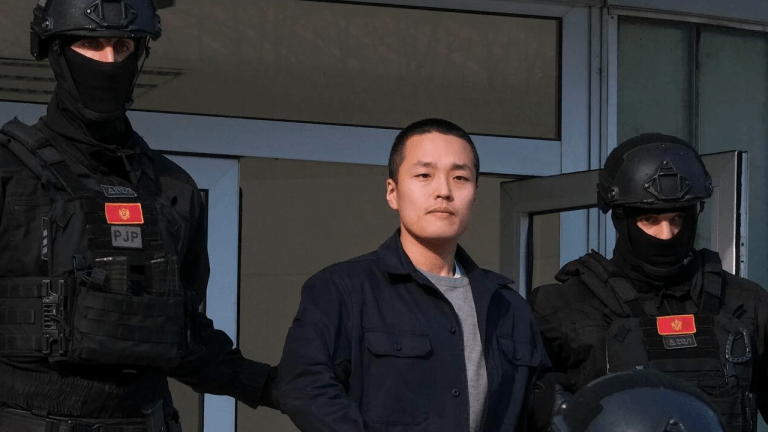
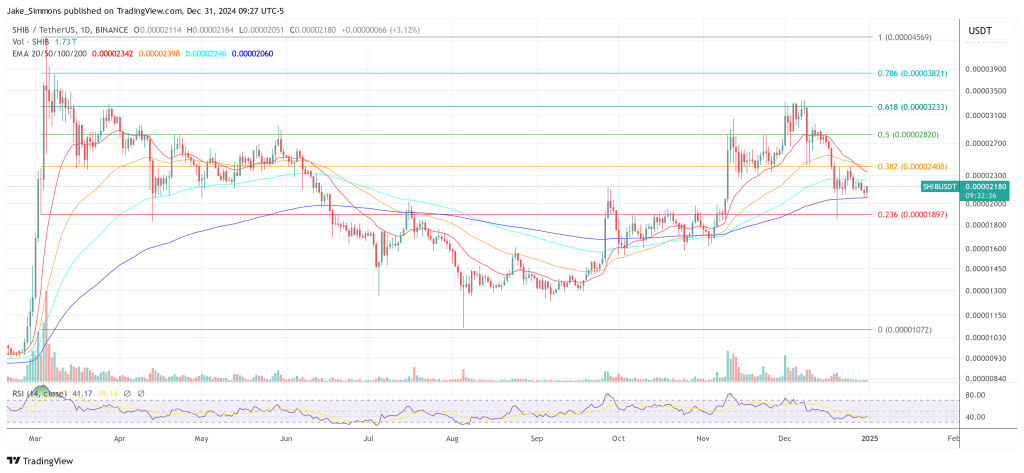


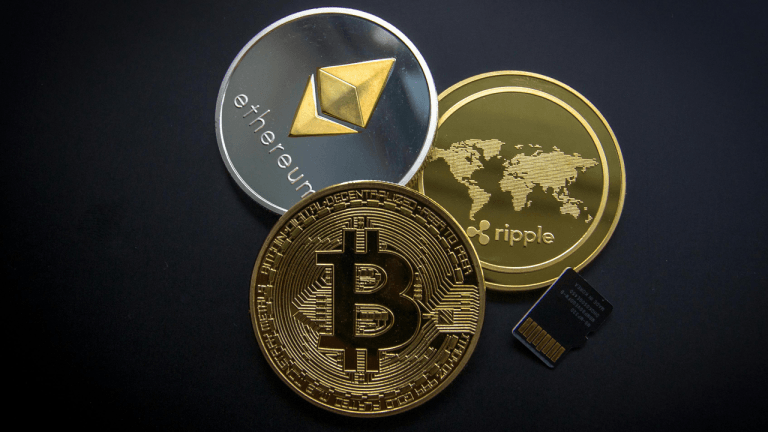
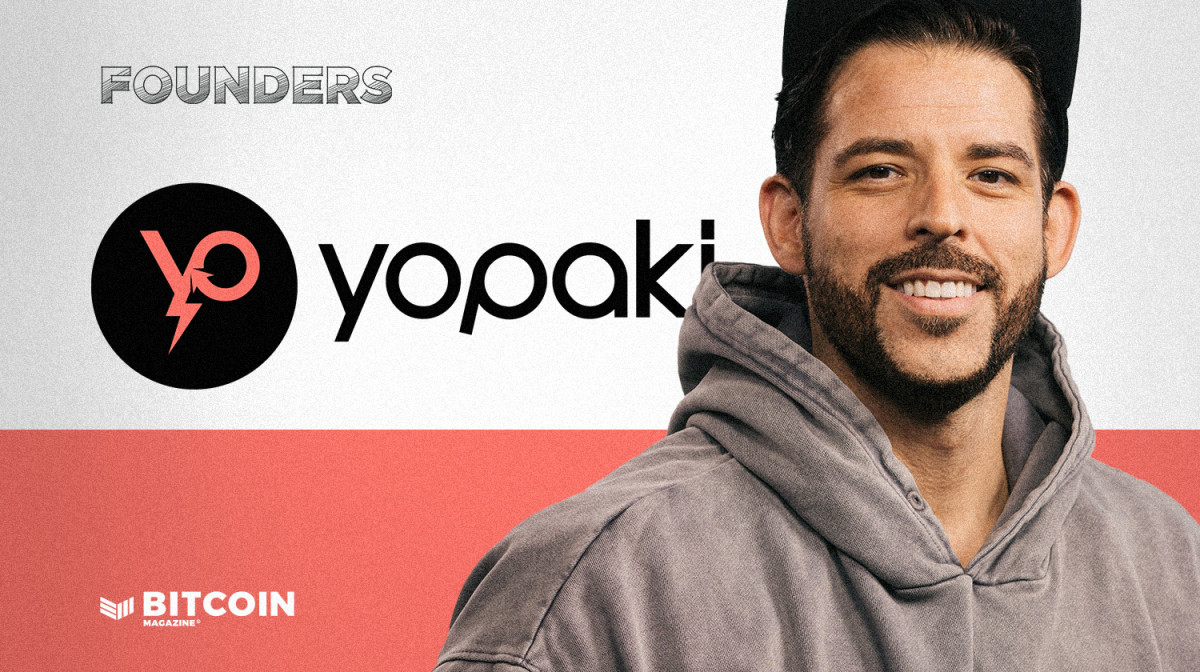


Comments